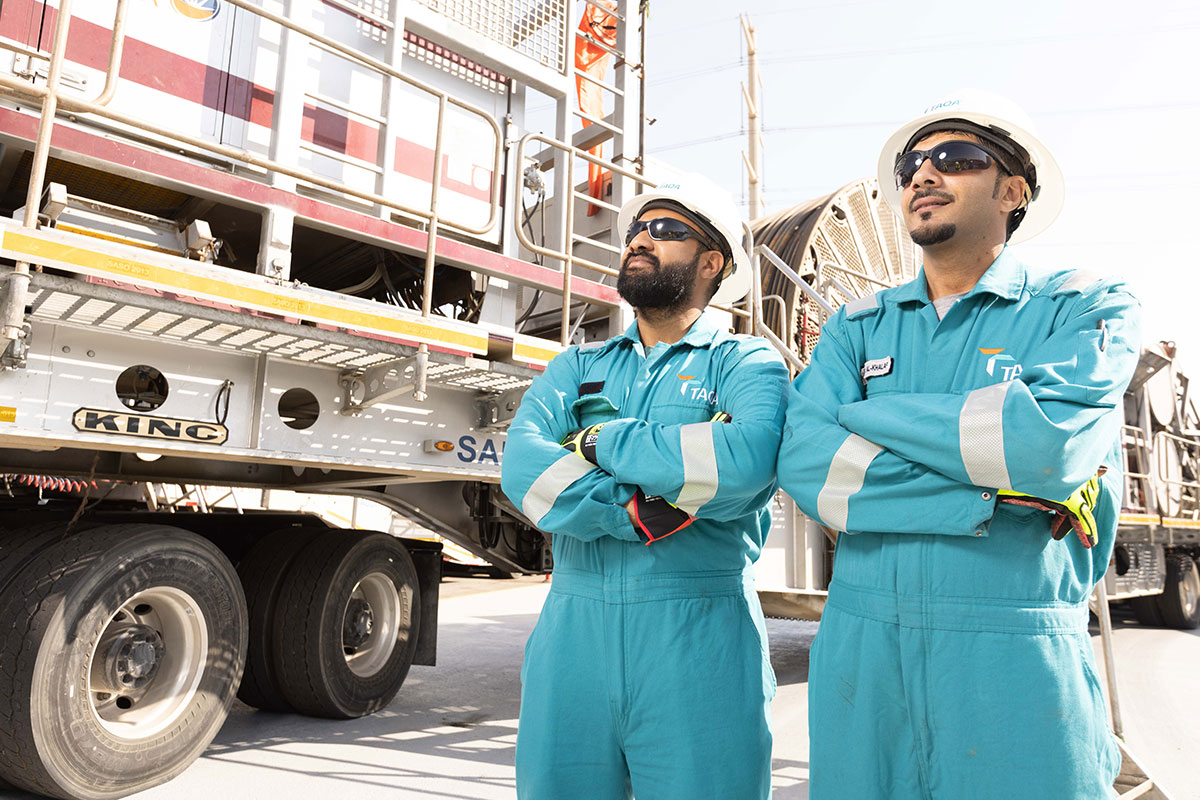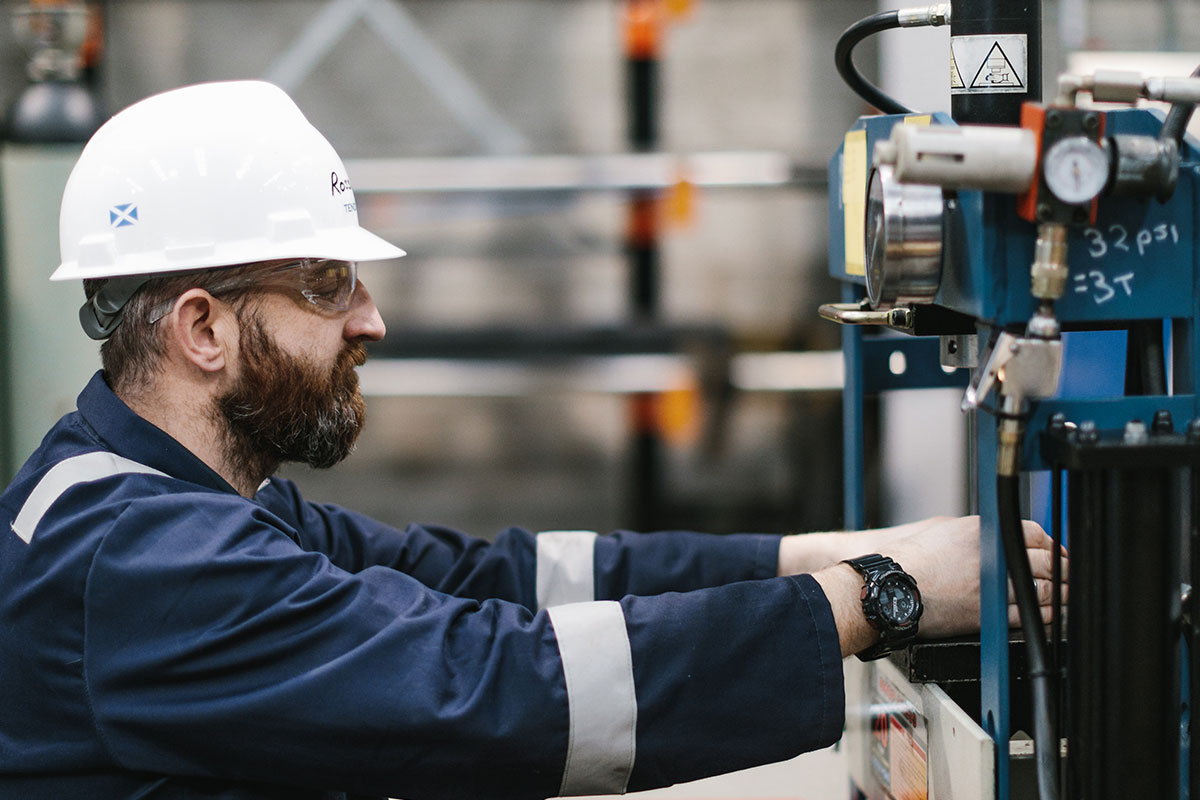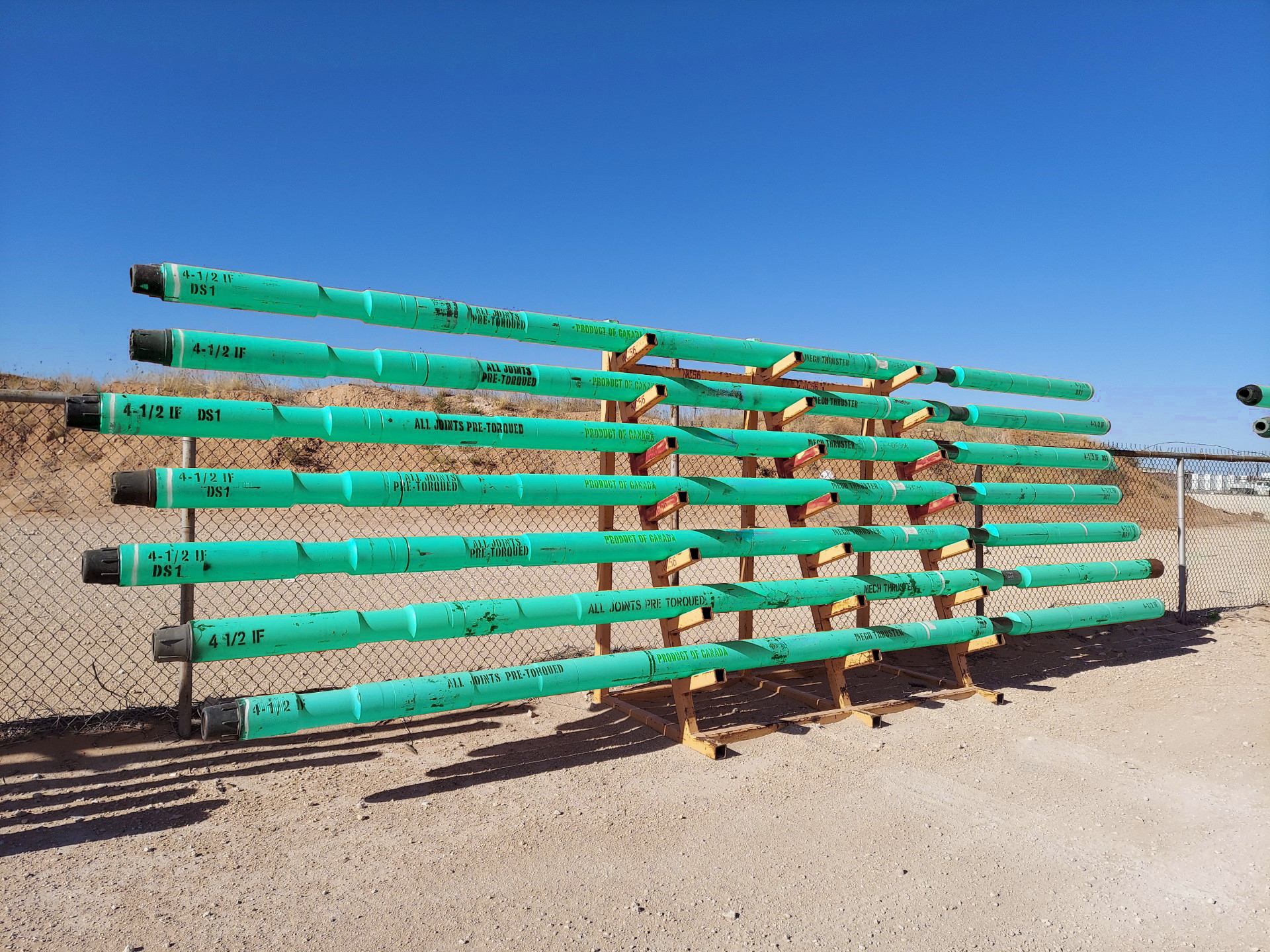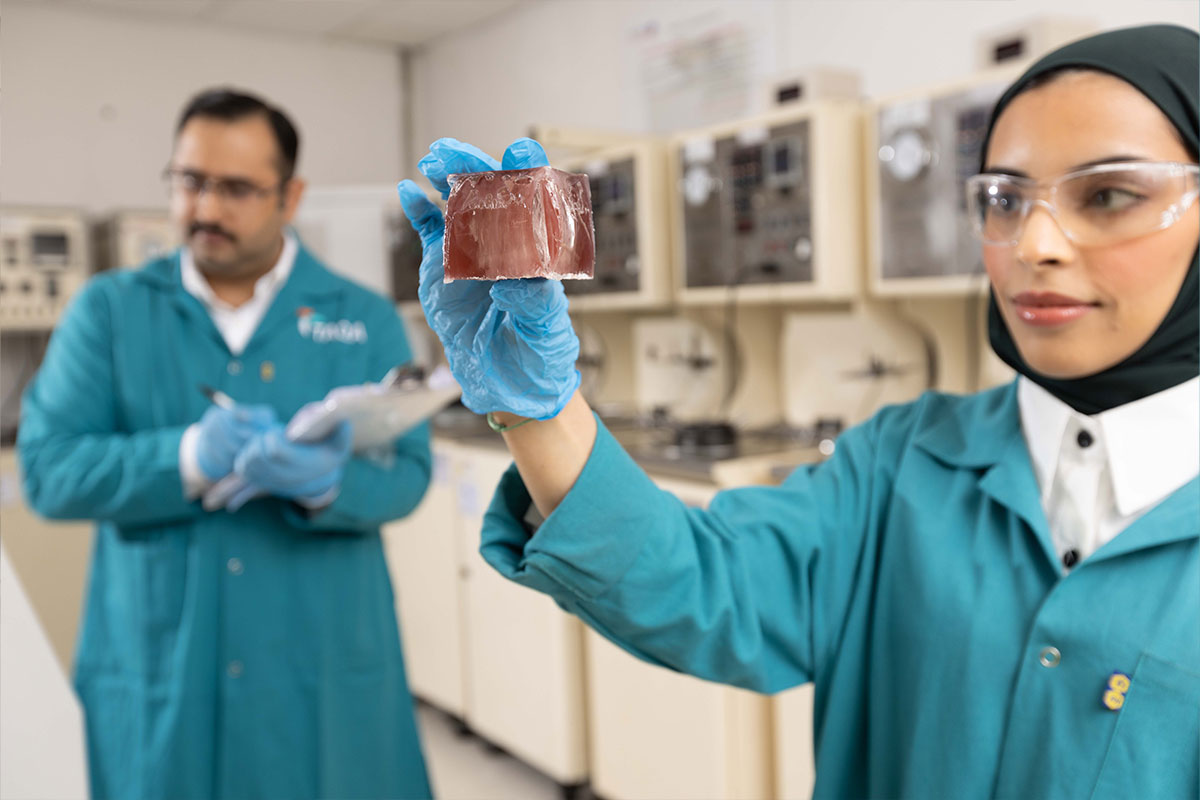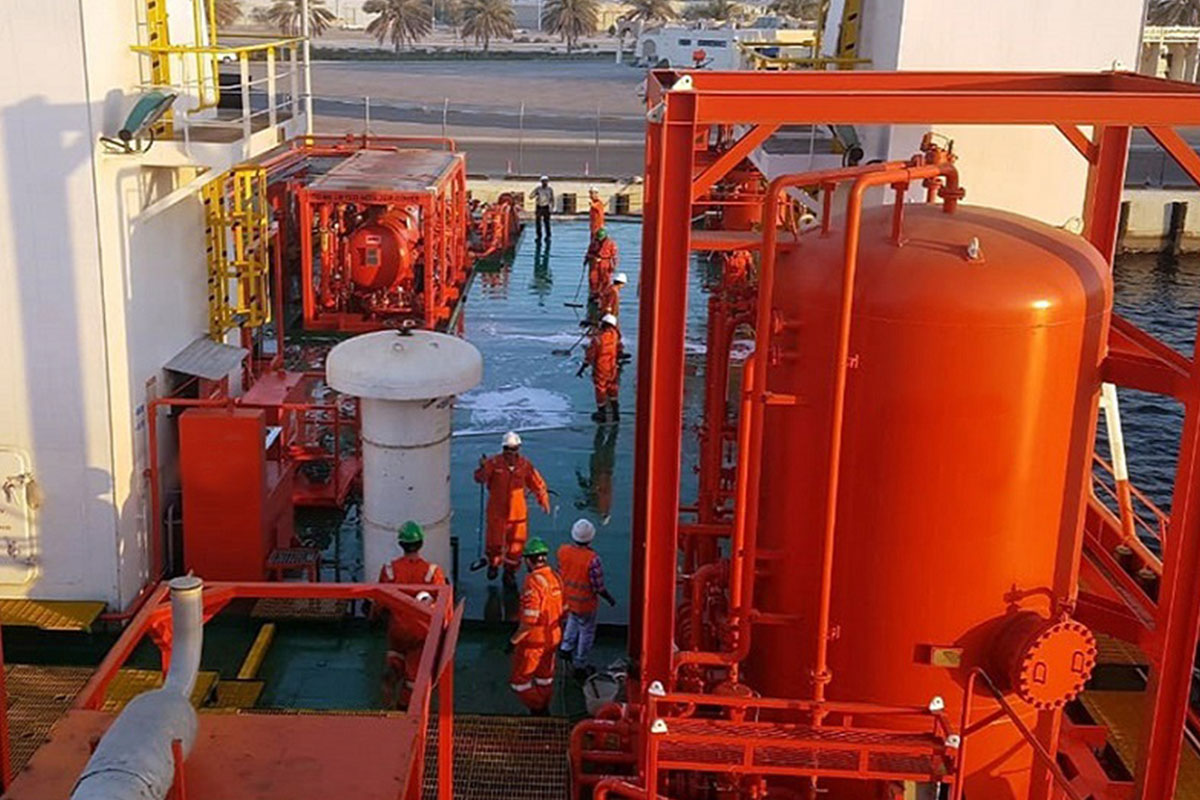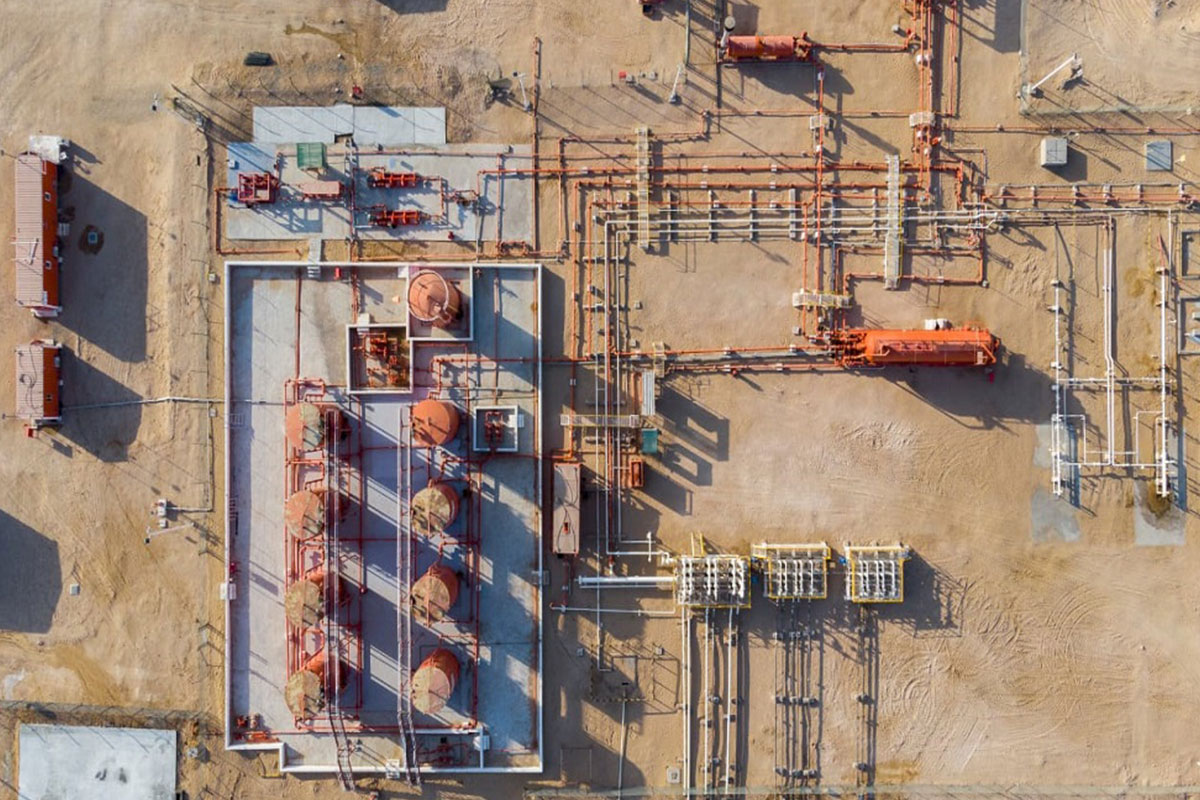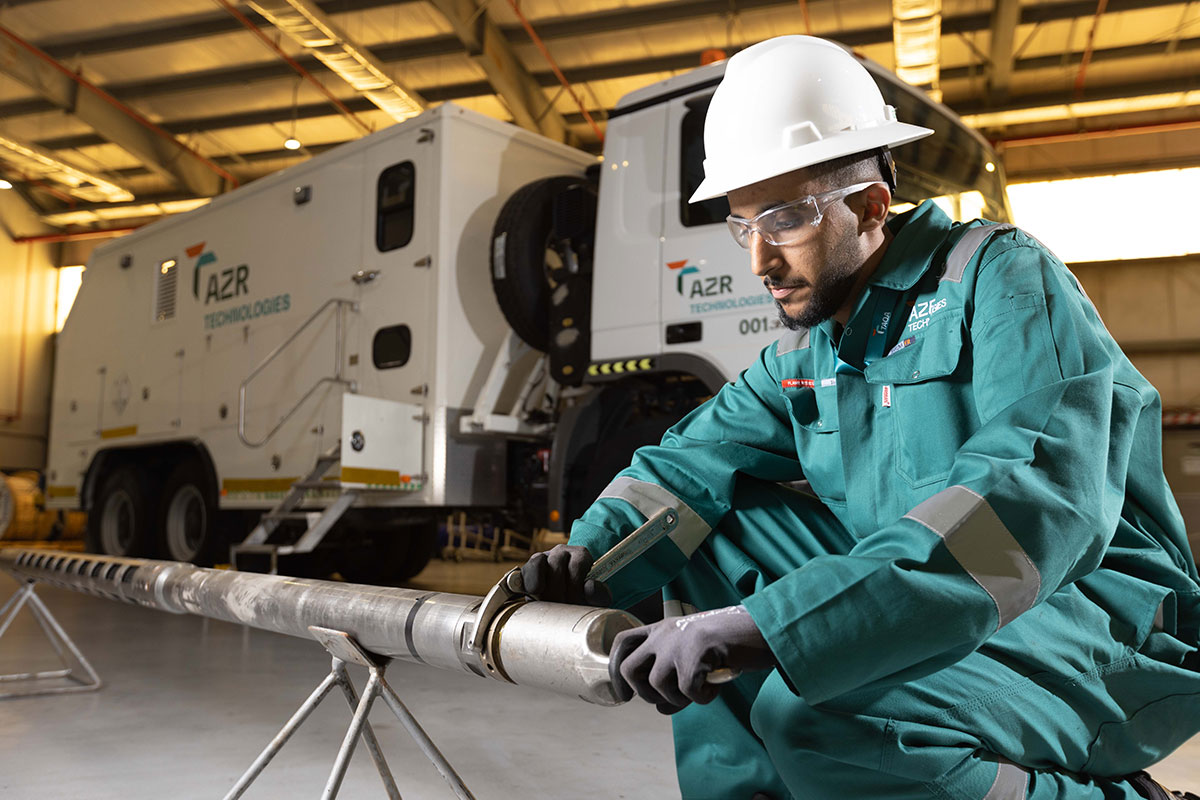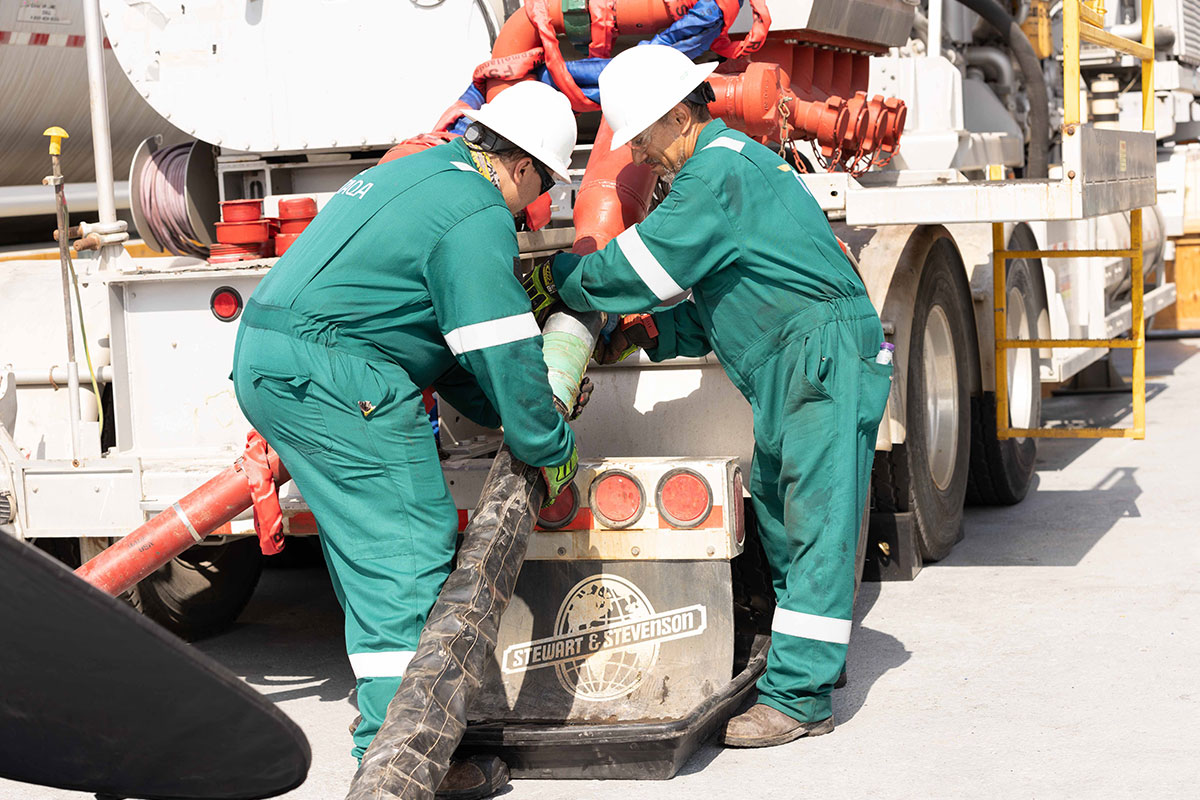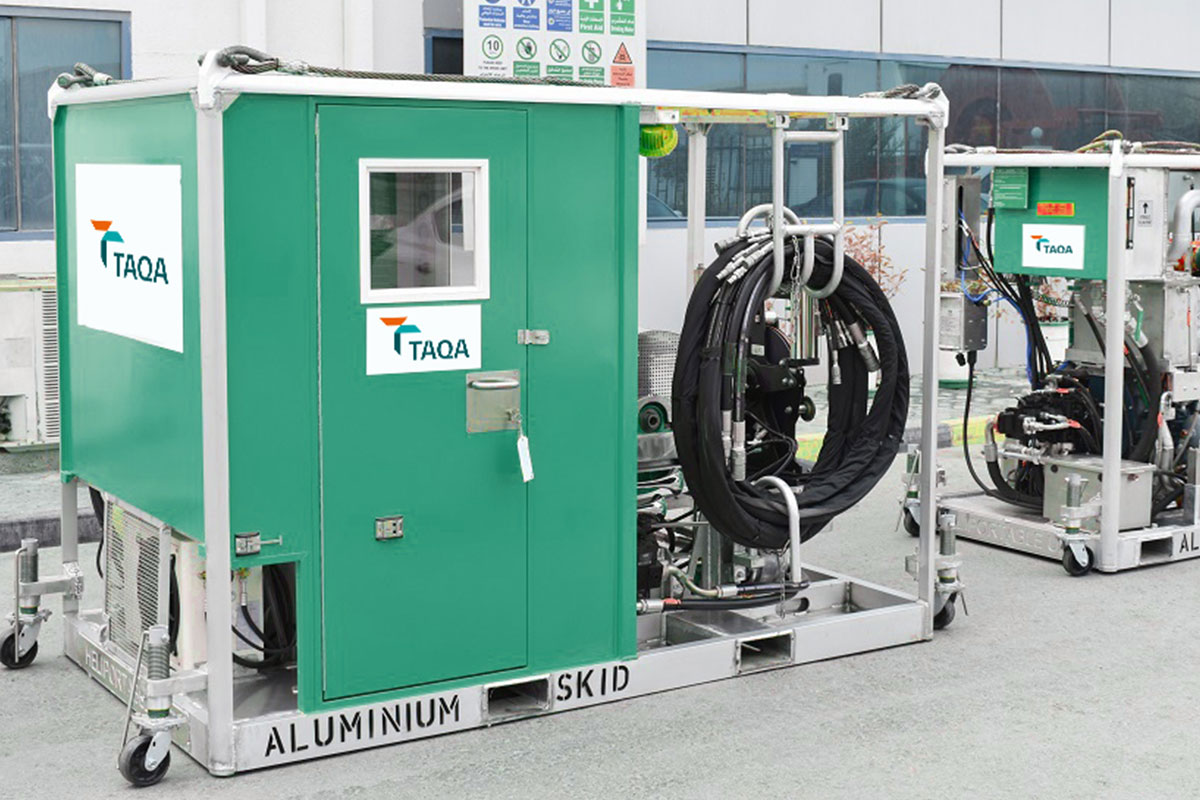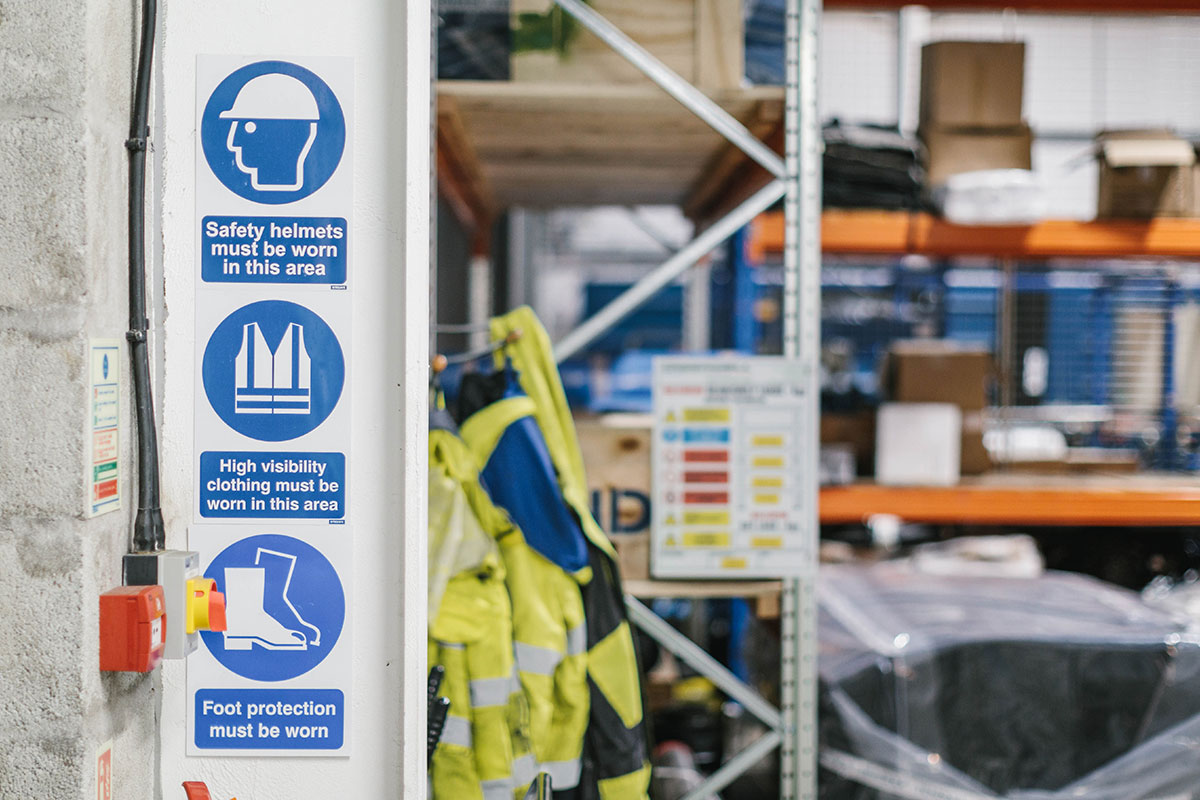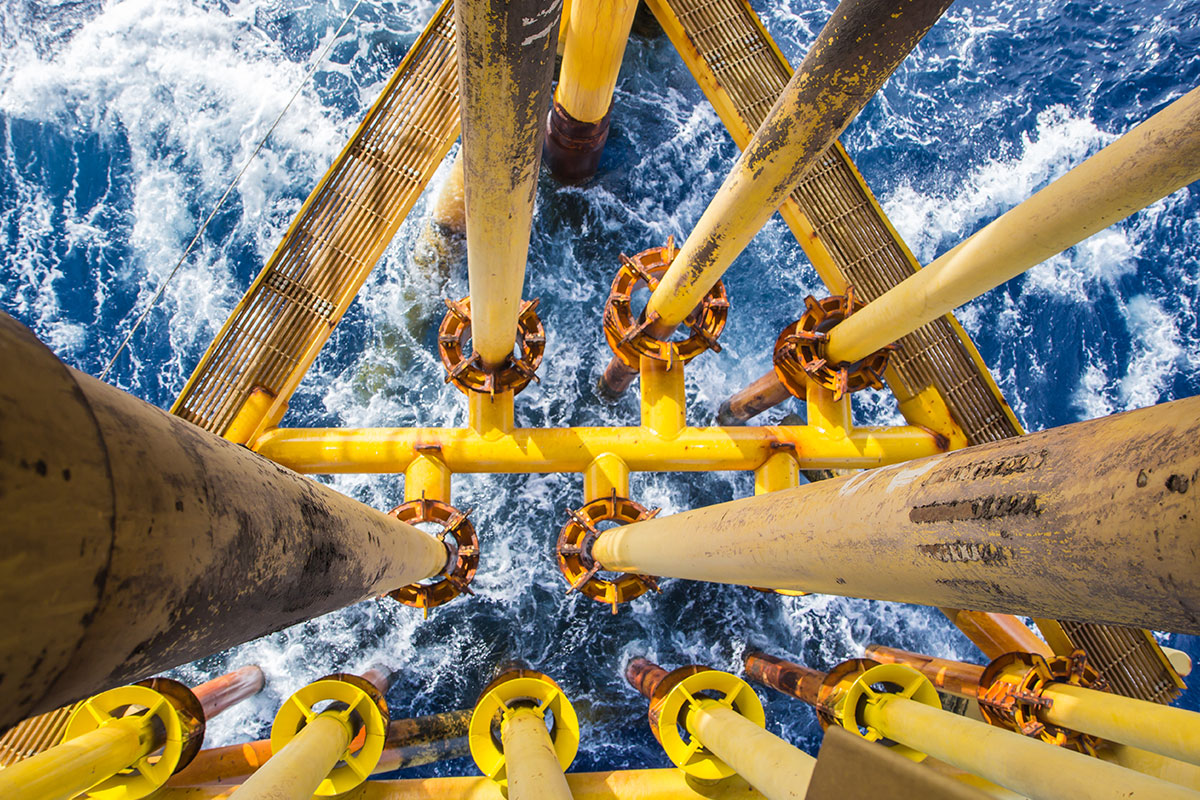- About TAQA
- What we do
- Overview
- Well Solutions
- Overview
- Coiled Tubing, Intervention & Stimulation
- Completions
- Drilling Solutions
- Cementing
- Well Testing
- Early Production Facilities (EPF)
- Wireline
- Frac
- Slickline
- Inspection
- H2S & Safety
- Plug & Abandonment
- TAQA Ventures
- Products & Technologies
- Resources
- Sustainability
TAQA drives innovation to create value for our customers, provide economic growth to the communities we operate in, and to enable energy sustainably.Discover TAQA We are TAQA
TAQA has been a champion in providing leading products and services to the energy industry regionally and globally, enabling performance and sustainable business for our customers.
At TAQA, we partner with our customers to address their most pressing challenges while enabling their performance through technology and innovation on a path marked by excellence in everything we do.
What we offer
With more than 5,500 employees across 20 countries, TAQA's well services portfolio includes, Coiled Tubing & Stimulation, Cementing, Wireline, Frac, Directional Drilling, Downhole Tools, Completions, Well Testing, Slickline, Inspection, H2S Safety, and Logging & Perforating.
Sustainability
Energy Transition
Learn moreOur Energy Transition Strategy is fully aligned with the Kingdom of Saudi Arabia's Green Initiative, which focuses on increasing reliance on clean energy, offsetting emissions, and protecting the environment.
ESG
Learn moreESG is a framework that outlines the environmental and social accountability demonstrated by a company to illustrate the extent of their responsible practice and governance.
Our people
We promote a culture of shared values and empowerment among our people, championing personal development and nurturing promising talent to benefit both our own team and the communities we serve.
Experts views from TAQA
News & Insights
Contact us for enquries
Let's talk - What we do
